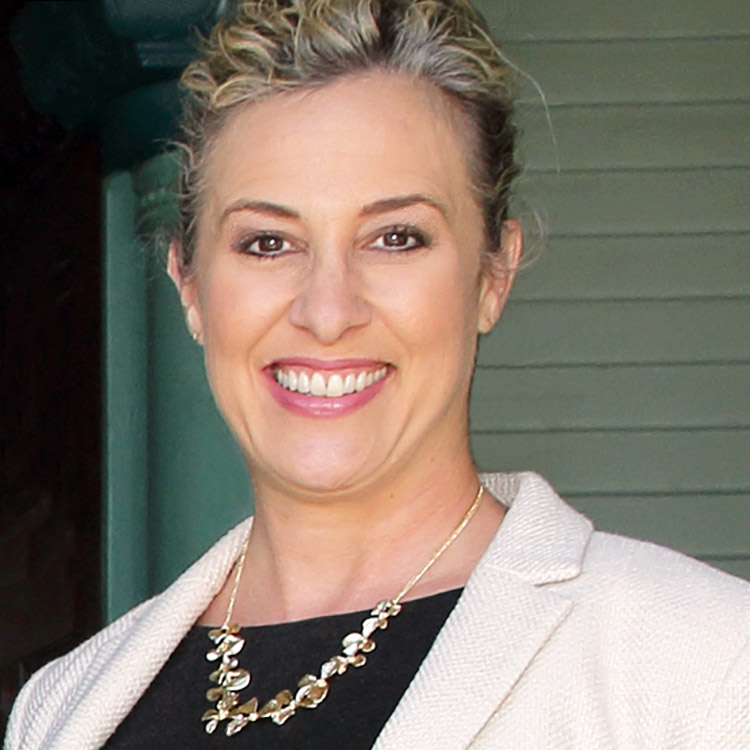Election Q&A with Katie Jordan
January 3, 2019
Associations and Bodies Clinical Faculty
Katie Jordan, associate chair of occupational therapy clinical services and clinical professor, has officially announced her candidacy in the 2019 elections held by the American Occupational Therapy Association. Jordan is running for the position of Director to the Board of Directors, the volunteer leadership body which “governs the affairs of the Association” on behalf of all AOTA members and in the best interests of the profession. Before the polls open on Jan. 9, she sat down with Director of External Relations Mike McNulty to discuss her candidacy, qualifications and vision for the future of AOTA and the occupational therapy profession.
What makes you stand out on this slate of candidates for the AOTA Board of Directors?
I’ve been a clinician for over 15 years. In my current role, I get to work with our clinical faculty, staff and post-professional OTD residents in direct patient care. I’m in the clinic with our frontline clinicians, I’m in the classroom with our students and I’m an administrator and compliance liaison. Altogether, I have a pretty wide range of perspectives that influence my thinking and my approaches toward the day in and day out issues we see.
What are some of your everyday job responsibilities, and how do those shape your priorities?
I identify as a clinician first and foremost, so top of mind is always the clients and families who we serve. My clinical experience is with adults in health promotion and wellness, acute care and adult rehabilitation. My husband is a school-based OT, and I hear from him about the joys and challenges of working with students, other professionals and families. So I’m always looking to maximize occupational therapy’s impact on the lives of our clients – how we demonstrate our distinct value and make positive contributions to daily experiences and overall health and well-being.
I spend a lot of my day focused on supporting the next generation of practitioners. Clinical instruction and mentorship of students is a big part of our responsibility as professionals, and getting to train and support students is really an honor and a privilege. I also try to keep my finger on the pulse of the health and well-being of our practitioners. I support over 80 faculty and staff members working at nine sites of service, from pediatrics to geriatrics, and prevention to palliative, and much more in between. We employ new grads, seasoned clinicians and occupational therapy assistants, so a big part of my job is actively listening to them and finding new ways to empower them to be the best care providers they can be.
What do you see as the biggest challenges facing AOTA and the profession in the next two or three years?
The shifting landscapes where OTs and OTAs work pose constant challenges. A big part of my role at USC is “change management.” Change is inevitable, and we have certainly seen that in schools, hospitals, skilled nursing facilities, home health agencies and the communities where we work. My approach is to gather information, listen actively and respectfully, try to understand the perspective of multiple stakeholders and then respond to position our profession not only for what we need now, but for what sets us up most sustainably in the future. Of course, that can sometimes be a messy and divisive process. But I’ve also learned that transparency and honesty, and staying true to your personal values, is the best way to deal with change for the benefit of everybody.
You mentioned personal values; Why do you feel called to volunteer service?
I find tremendous meaning in the work that I get to do every day. As a leader in our division, I feel called to serve all of the faculty and staff who support our clinical enterprise. Service to our employees, students and, ultimately, our consumers and their families, is a privilege, and one that provides a great sense of purpose. Volunteer leadership is very similar. Being able to serve the profession at this level would be a great honor, one full of joy and meaning in whatever form it eventually takes.
⋯
Next by tag Associations and Bodies ⟩ Clinical ⟩ Faculty ⟩






